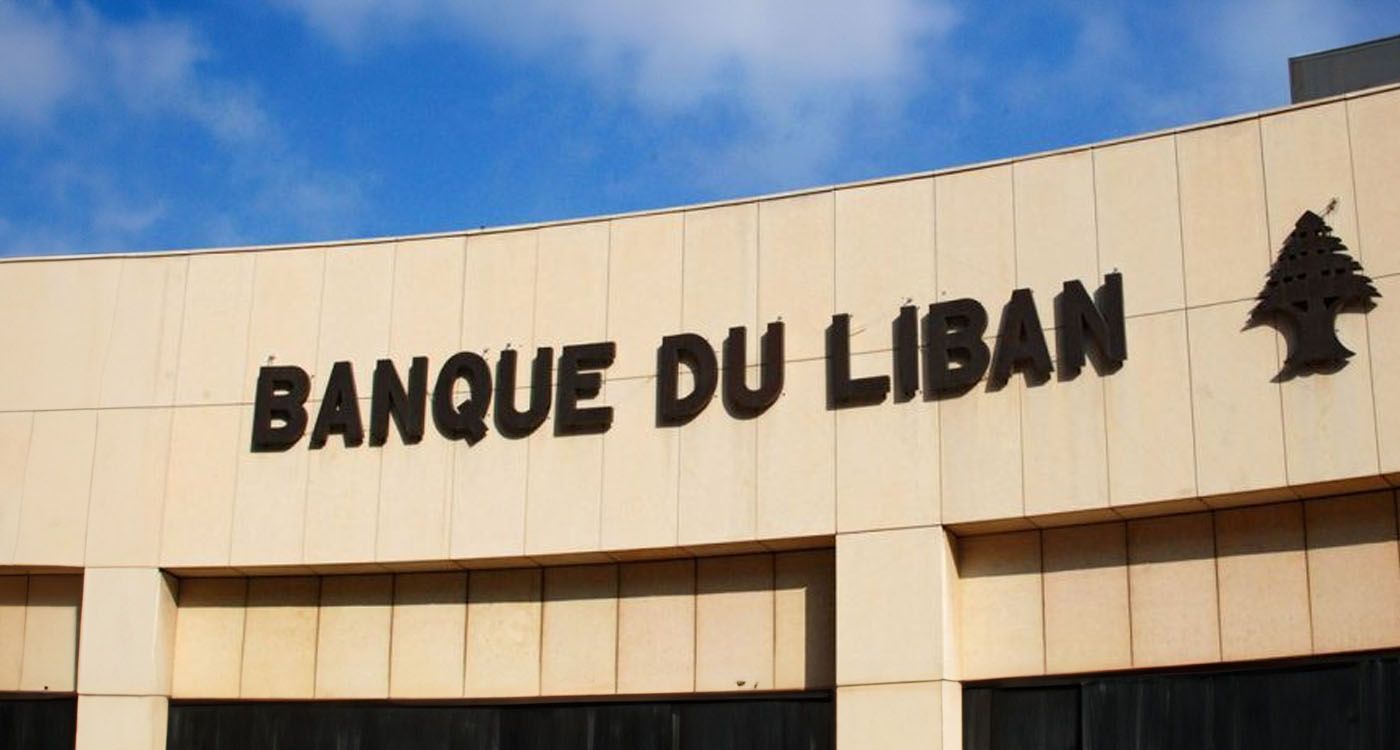
Political pressure from the Amal-Hezbollah duo on the government is mounting, driven by rising complaints among the displaced population and the decrease in international aid.
Faced with limited options, Lebanon is now in a state of voluntary default. All eyes are set on the foreign currency reserves of Lebanon’s central bank (BDL) and the funds in Treasury account 36, yet both sources of liquidity are dwindling significantly.
Nearly a third of Lebanon’s population has left their primary residences to seek shelter in safer areas.
According to Nasser Yassin, the caretaker Minister of Environment and coordinator of the government’s emergency committee, material aid currently meets only about 15% of the needs of the displaced. To bridge this gap, the government approved a loan on Wednesday for petroleum facilities to secure heating fuel. This effort is based on a study to supply 541 shelters located more than 300 meters above sea level.
Drop in BDL reserves
The drop in foreign currency reserves at the BDL during October 2024 reflects a degree of flexibility in the austerity policy implemented by the Central Bank since August 2023. This flexibility was driven by the urgent needs arising from military operations, forcing the BDL to single-handedly finance two additional monthly payments in October and one in November, benefiting depositors covered by Circulars 158 and 166.
BDL experienced a total decline of $436.65 million in October, leaving reserves at $10.26 billion by month’s end. Despite this drop, the value of the reserves remains $1.69 billion higher than in August 2023, when they amounted to $8.573 billion.
The funds available in BDL’s mandatory reserve account represent the remaining resources needed to facilitate the recovery of a portion of customer deposits as part of a comprehensive financial recovery and reform plan.
Drop in account 36
A review of the financial situation provides a clear understanding of the reasons behind the decline in reserves in October. During this month, the public sector account 36, which holds funds collected by the state primarily from taxes, duties, customs fees, donations and other public revenue sources, decreased by $108.55 million. In other words, BDL and the Ministry of Finance were unable to sustain the austerity policy introduced since the summer of 2023, which relied on accumulating and retaining public revenues within the Central Bank.
Up until October, this austerity approach allowed BDL to bolster its reserves by using public revenues transferred in foreign currency, while absorbing Lebanese pound liquidity to purchase dollars on the market. However, the central bank can no longer sustain this method of increasing its reserves and meeting its monetary policy goals at the expense of public finances, as it had in previous months.
In light of this situation, the government was forced to tap into its deposits at BDL, leading to the release of revenues that had previously been frozen under the austerity policy. This decision inevitably resulted in a decrease in reserves.
BDL’s policy
Sources at BDL told This is Beirut that the idea of tapping into the Central Bank’s reserves was never discussed with any of the bank’s officials. BDL's policy, which prohibits lending to the state, has not changed.
The state is free to allocate its funds as it deems necessary. However, it is crucial that these expenditures be approved within the framework of its annual budget, known as the Finance Law. Otherwise, they must be authorized by legislation, that is, a law passed by the elected MPs, according to the same sources.
In this context, it is important to note that the 2025 draft budget was approved by the government and sent to Parliament before the Israeli offensive. This draft could face a legal challenge, filed by ten lawmakers.

Comments